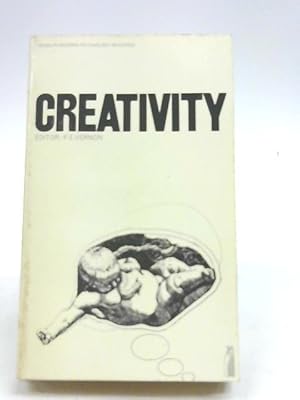Filters
Clear allSubject
- Careers (1) Apply Careers filter
- Computing (1) Apply Computing filter
- Cross curricular (25) Apply Cross curricular filter
- Design and technology (7) Apply Design and technology filter
- Engineering (1) Apply Engineering filter
- Food Preparation and Nutrition (1) Apply Food Preparation and Nutrition filter
- Leadership (19) Apply Leadership filter
- Mathematics (5) Apply Mathematics filter
- Personal development (23) Apply Personal development filter
- (-) Remove Psychology filter Psychology
- Science (39) Apply Science filter
Age range
Type
- Activity sheet (4) Apply Activity sheet filter
- Article (3) Apply Article filter
- Assessment (2) Apply Assessment filter
- Experiment (1) Apply Experiment filter
- Image (1) Apply Image filter
- Information sheet (6) Apply Information sheet filter
- Interactive resource (1) Apply Interactive resource filter
- Presentation (3) Apply Presentation filter
- Research (20) Apply Research filter
- Teacher guidance (8) Apply Teacher guidance filter
- Textbook (3) Apply Textbook filter
- Video (3) Apply Video filter
- (-) Remove Include Physical Resources filter Include Physical Resources
Showing 78 results
Produced in 2003, these performance descriptors for chemistry science subjects at AS and A2 levels were written to indicate the level of attainment characteristic of grades A/B and E/U boundary candidates across a series of assessment objectives. It was intended that they should be interpreted in relation to the...
This set of subject criteria were produced by the Qualifications and Curriculum Authority in 2006 for Awarding Bodies to produce AS and A level science subject specifications, in biology, chemistry, physics, psychology, geology, electronics and environmental science.
AS and A level subject criteria are...
This journal is one of over 25,000 physical resources available from the Resources Collection. The Archive Collection...
Describes the methods which are used to construct intriguing impossible figures which can tease the eye and baffle the imagination. Copious examples are drawn from the author's own work and the fertile imagination of Escher and Oscare Reutersvard.
In this book neuroscientist Rebecca Schwarzlose takes us on a journey through the landscapes in our heads to understand the maps in our minds and what they tell us about our past and possible futures.
Work done in this Nuffield 13 - 16 module followed from the B unit called ‘Senses’. This X unit provided enough material for eight double periods. It could be selected to complete either a Science or a Further Science course. The teachers’ guide included three...
This resource pack from Association for the Study of Animal Behaviour (ASAB) focuses on the role of judgment in animal behaviour studies. It consists of:
*background information for teachers
* images of Canada goose goslings at various stages of development and images of seven of the behaviours of...

Professor Vernon covers a wide variety of work: studies of genius and of highly talented children; the nature of inspiration in the arts and sciences, illustrated by...
This DVD discusses Bowlby’s theory of attachment, the Strange Situation as a method of measuring attachment and the possible effects of day care on children’s emotional. cognitive and social development. The running time is 30 minutes.
This DVD is structured around stress counselling to help reduce stress amongst the teaching staff in a school, the nature of stress and the negative consequences of excessive stress exposure is explored. Stress management in terms of behavioural, cognitive and organisational strategies is also covered. The running...
This DVD promotes awareness of the ethical issues raised by conducting research. Not surprisingly, Stanley Milgram’s obedience research features prominently. The running time is 30 minutes.
Published in September 2010, this summary of an online survey looks at design and technology (D&T) teachers’ attitudes towards CPD.
The full collection of STEM Learning impact and evaluation research reports can be viewed here.

Charles Darwin transformed our understanding of the universe and our place in it with his development of the theory of evolution. 150 years later, we are still puzzling over the implications. John Dupre presents a...

Does IQ define our destiny? Daniel Goleman argues that our view of human intelligence is far too narrow, and that our emotions play major role in thought, decision...
